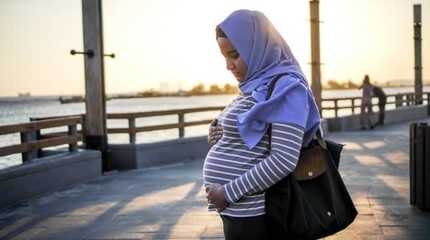
06 June 2023; MEMO: The number of women choosing to freeze their eggs in the UAE has "significantly" increased following changes to the law, reported Al-Arabiya News.
UAE fertility clinics and in-vitro fertility (IVF) specialists across the country have observed a sudden increase in demand for information about the service and opting to access the treatment.
A consultant in reproductive medicine and infertility at Fakih IVF Fertility Centre in Abu Dhabi, Dr Yasmin Sajjad, said: "Egg freezing has been slower in the GCC countries due to cultural beliefs and religious regulations, but this trend is picking up."
She added that the increasing demand for egg freezing is due to women needing the flexibility of time to eventually have a family later in life "when their natural fertility may have declined."
READ: UAE promotes economic and security interests through regional ports
Developed in the 1980s, oocyte cryopreservation – known as egg freezing – was originally arranged to assist women with serious medical conditions requiring treatment that could harm fertility and improve their chances of having a baby post-treatment.
The series of procedures involves collecting a woman's eggs, freezing them and then thawing them later for use in fertility treatment. In recent years, egg preservation has moved from a process of medical necessity to an elective treatment, and women can now choose to freeze their eggs to improve their chances of having children later.
"With the introduction of social egg freezing, women feel less apressure to rush their careers or to find a partner," explained Sajjad.
In 2019, Sheikh Khalifa Bin Zayed Al Nahyan announced the new IVF Law, allowing women to freeze and store their embryos for a period of at least five years. Under the Old IVF Law it was not possible to freeze human embryos but only unfertilised eggs




